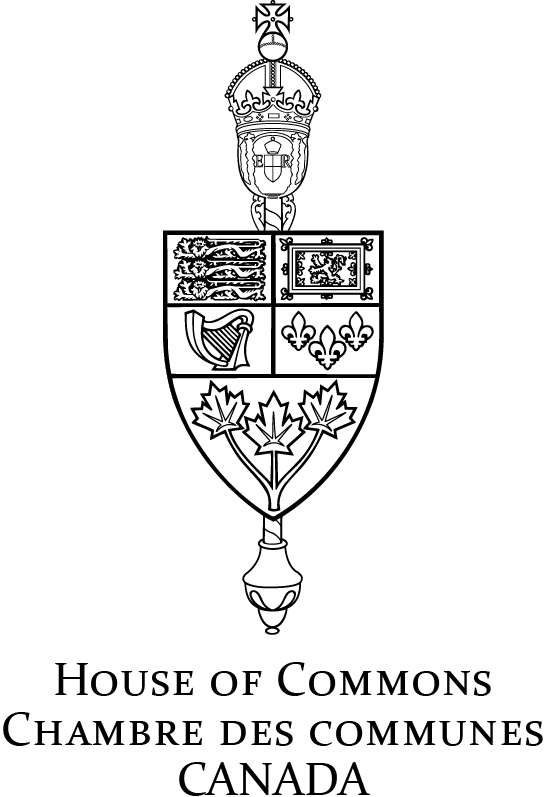SDIR Committee News Release
If you have any questions or comments regarding the accessibility of this publication, please contact us at accessible@parl.gc.ca.
Subcommittee on International Human Rights of the Standing Committee on Foreign Affairs and International Development |  | Sous-comité des droits internationaux de la personne du Comité permanent des affaires étrangères et du développement international |
For immediate release
NEWS RELEASE
Global State of the Free Press
Ottawa, June 07, 2019 -
The health and independence of the press is a key indicator of a state’s commitment to human rights, and today, media environments around the world are severely compromised. Threats to the free flow of accurate information include hostility toward journalists; television, radio, and internet blockages; censorship of certain ideas or even words; concentrated media ownership; as well as official disinformation campaigns and “fake news.” These threats are exacerbated by an increasingly challenging business environment for independent media.
Seized of this issue, the Subcommittee on International Human Rights of the House of Commons Standing Committee on Foreign Affairs and International Development (the Subcommittee) undertook a study on the global state of the free press between November 2018 and February 2019. Using the case studies of Venezuela and Myanmar, the Subcommittee explored how regimes systematically undermine the press and gradually replace independent reporting with their own preferred narrative. The Subcommittee extends its gratitude to the witnesses who provided expert testimony and first-hand accounts that were key to this study, including advocates from local and international non-governmental organizations, prize-winning local and international journalists, as well as the Inter-American Commission on Human Rights’ Special Rapporteur for Freedom of Expression.
The case of Myanmar offers the lesson that the suppression of fact-based reporting, through hostile rhetoric, disinformation campaigns or abusive application of laws, allows hate speech to proliferate – with disastrous consequences for ethnic minority groups such as the Rohingya. The Venezuelan situation tells us that criminalization and control over the means of communication can dramatically impact a country’s democratic functions, leaving a whole country underinformed in times of crisis. In both cases, governments’ sustained efforts to suppress critical reporting has created a chilling effect – and yet, resilient journalists continue their essential work in the face of danger.
Today, the Subcommittee tables its report entitled The Canary in the Coal Mine: Responding to Violations of Press Freedoms in Venezuela and Myanmar in the House of Commons. In order to better support journalists, promote fact-based reporting and media literacy in an age of misinformation, the Subcommittee makes six recommendations to the Government of Canada. First, the Subcommittee urges the Government of Canada to continue to explicitly condemn violations of freedom of expression of human rights defenders such as those in Venezuela, Myanmar and elsewhere. The Subcommittee also recommends that the Government of Canada offer practical assistance to states considering adopting, amending or repealing laws related to freedom of expression, internet usage, privacy or the practice of journalism.
The Subcommittee recommends that Global Affairs Canada instruct its embassies to play a greater role in promoting independence and press freedom, including by taking measures to protect journalists whose personal security is threatened. Further, Global Affairs Canada should support training programs for journalists working in hostile media environments abroad. The Subcommittee also urges Global Affairs Canada to support programming on media literacy. Finally, the Subcommittee recommends supporting the creation of a position of Special Adviser on the Protection of Journalists at the United Nations.
Quotes
“Robust and independent media are a cornerstone of democracy. Canada has an important role to play in enabling an environment where journalists can report freely without fear of reprisal or human rights abuses.”
-Anita Vandenbeld, M.P., Chair
“Allowing independent media to lose its footing would come at a great cost. Measures taken by governments to silence or otherwise manipulate media need to be universally condemned.”
-David Sweet, M.P., Vice-Chair
“To protect free speech, we must start by protecting journalists. The international community must see repression of individual journalists for what they are - threats to free expression for society as a whole and a harbinger of further violations to come.”
-Cheryl Hardcastle, M.P., Vice-Chair
- 30 -
|